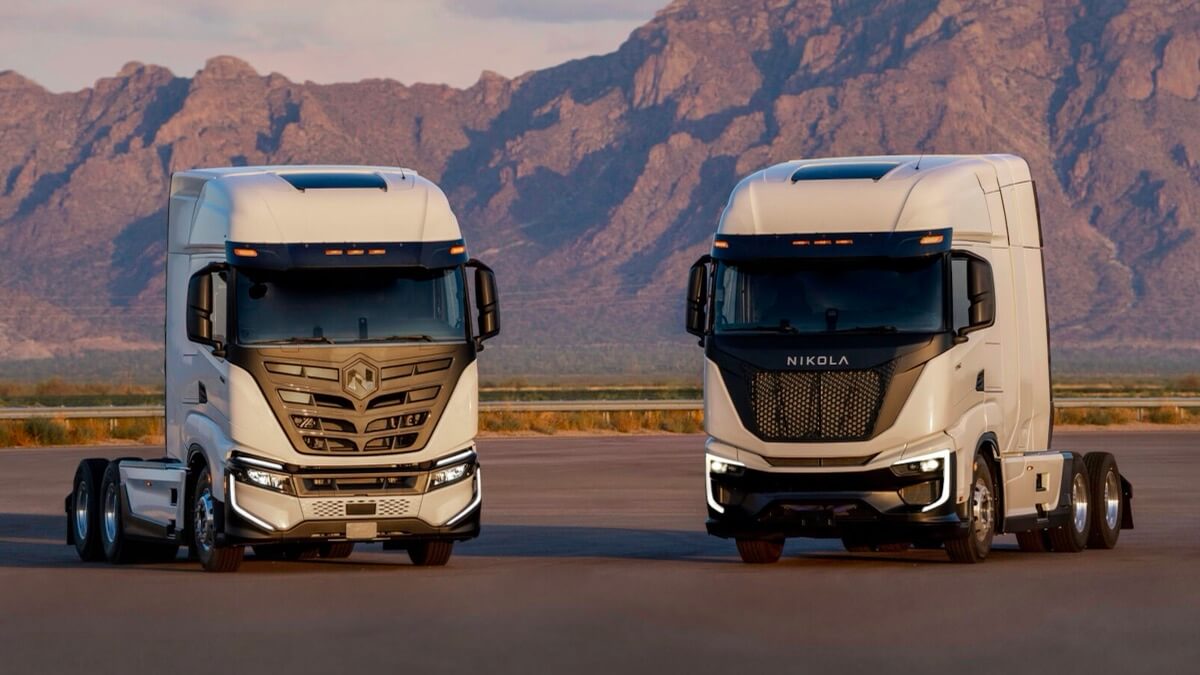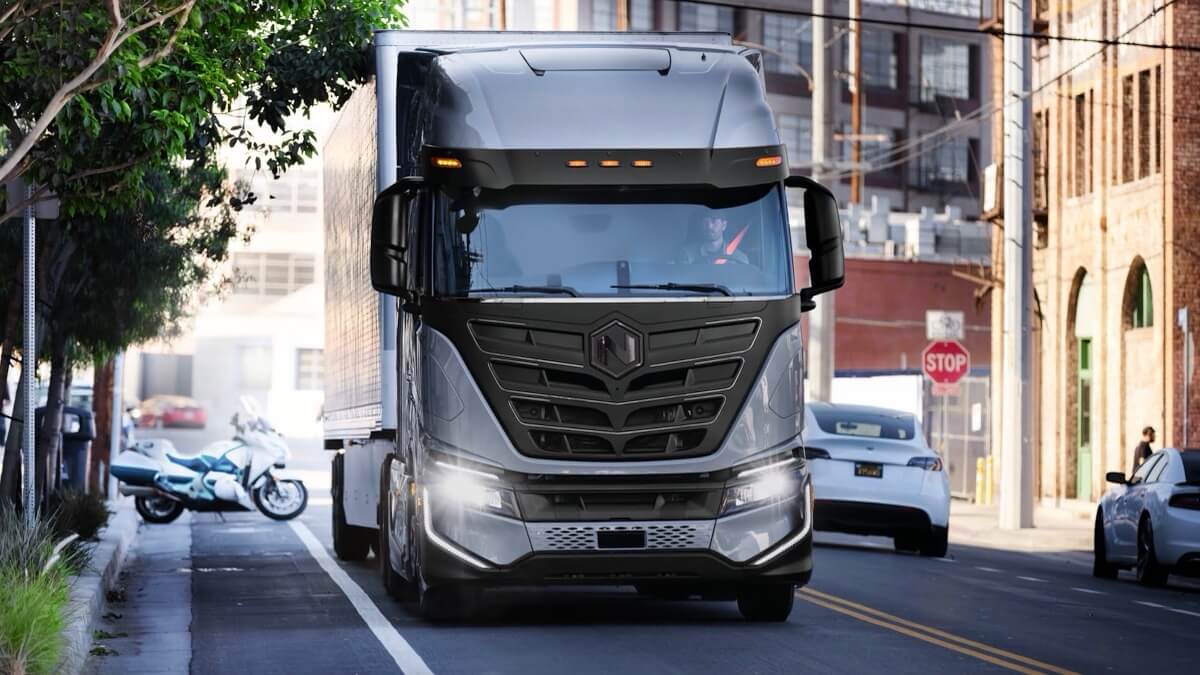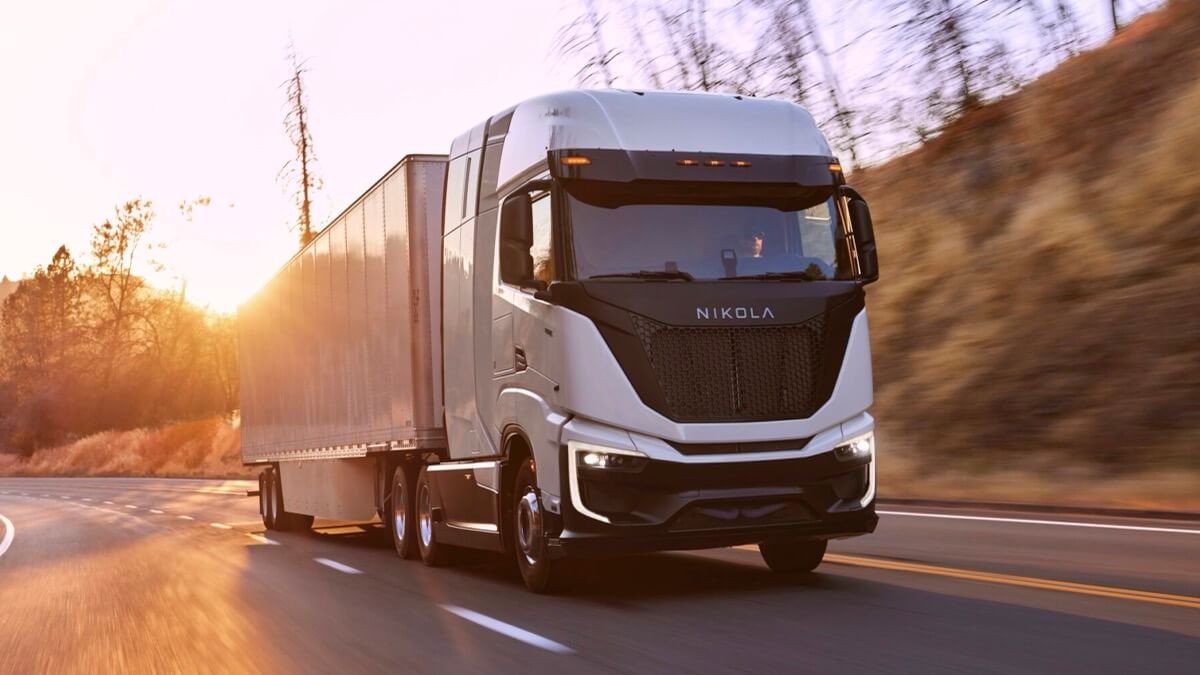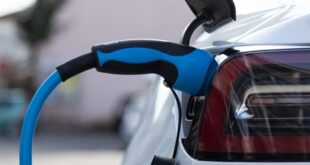Another EV startup bites the dust. Nikola joins Lordstown Motors and Fisker in the growing graveyard of failed electric vehicle manufacturers.
Nikola, the once-promising electric and hydrogen truck startup, has officially filed for Chapter 11 bankruptcy, marking yet another EV company that couldn’t keep up with the brutal reality of the industry. Despite early excitement from investors and even a moment where it was valued higher than Ford, Nikola’s journey from groundbreaking startup to financial disaster has been a slow-motion car crash.
At the heart of Nikola’s problems was its inability to actually deliver enough vehicles to make money. The company had ambitious plans to revolutionize trucking with zero-emission semi-trucks powered by electric and hydrogen fuel-cell technology. It even teased the Nikola Badger pickup in 2020, backed by a multi-billion-dollar deal with General Motors, which was supposed to provide batteries and hydrogen powertrains. But then came the Hindenburg Research report, which exposed massive fraud allegations against Nikola’s founder, Trevor Milton.
According to investigators, Nikola had misled investors with staged promotional videos, including one where a truck was literally rolled down a hill to make it look like it was working. Milton was eventually convicted of fraud in 2022 and sentenced to four years in prison. Unsurprisingly, GM backed out of its deal, the Badger pickup was canceled, and Nikola attempted to refocus on commercial trucks.

That pivot didn’t exactly work out, either. Nikola managed to sell just 88 of its Class 8 Tre electric semi-trucks in Q3 2024, but here’s the kicker—each truck cost over $1 million to produce, while selling for just $380,000. That math doesn’t take a genius to figure out.
By the time reports of its financial troubles surfaced earlier this year, Nikola’s stock had plummeted below $1, and the company was bleeding money. At the time of the bankruptcy filing, it had just $47 million in cash on hand but liabilities between $1 billion and $10 billion. The company now plans to sell off its assets, estimated to be worth between $500 million and $1 billion, but that won’t even come close to covering its debts.
Nikola’s downfall makes it the latest in a long line of EV startups that failed to survive. Just last year, Lordstown Motors went bankrupt, and Fisker followed suit not long after. The industry has proven to be far more ruthless than many new players expected, with production costs, supply chain challenges, and fierce competition from legacy automakers making it nearly impossible to stay afloat without serious financial backing.
For now, Nikola says it will continue offering limited support for its existing trucks and hydrogen refueling network until at least March. What happens after that? Nobody really knows. One thing is clear, though—being an EV startup isn’t just about big ideas and flashy presentations. At some point, you actually have to build trucks, sell them, and turn a profit. And on that front, Nikola just couldn’t keep up.









